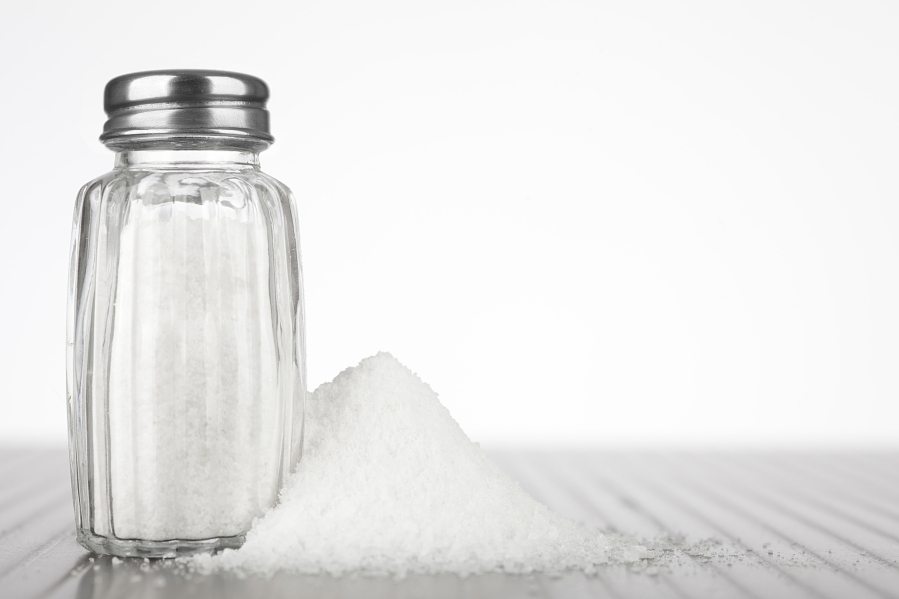It’s the time of year when food takes center place. You may find yourself packing plates high with mashed potatoes or snacking on stacks of chips. From family gatherings to treats in the office, high-sodium snacks and foods are everywhere. Too much salt can lead to problems for some people with high blood pressure or heart failure.
But what’s too much?
“Salt, unfortunately, will help absorb fluid, absorb water and it keeps it in your body,” says Dr. Stephen Kopecky, a Mayo Clinic cardiologist.
He says sodium can cause issues for people with high blood pressure and heart failure.
“The heart doesn’t pump blood adequately to meet the body’s demands, so if you then overload the heart with more fluid and more salt, then it has a hard time pumping,” says Dr. Kopecky.




